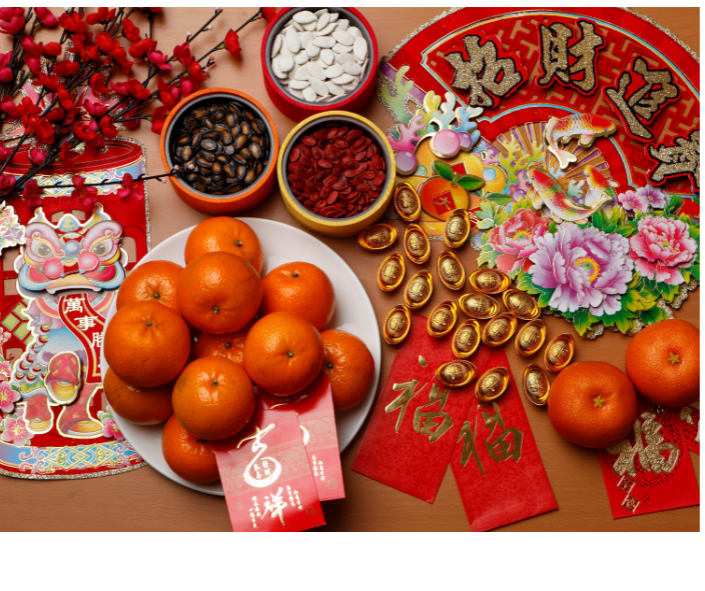Mark your calendars! Chinese New Year is just around the corner.
Why learn about Chinese New Year? This holiday is celebrated by more than 20% of the world and you may enjoy partaking in some of the festivities with them this year.
For those that aren’t as familiar with Chinese New Year, check out the following 10 facts about the holiday to get you started:
Chinese New Year is the longest Chinese holiday
Chinese New Year lasts 16 days (though only the first 7 days are considered a public holiday). This year, the holiday begins on Sunday, January 22nd, 2023. There are many festivities and traditions that take place throughout this holiday. One important aspect to know is that Chinese New Year marks the transition between zodiac signs: 2022 was the Year of the Tiger and 2023 is the Year of the Rabbit.
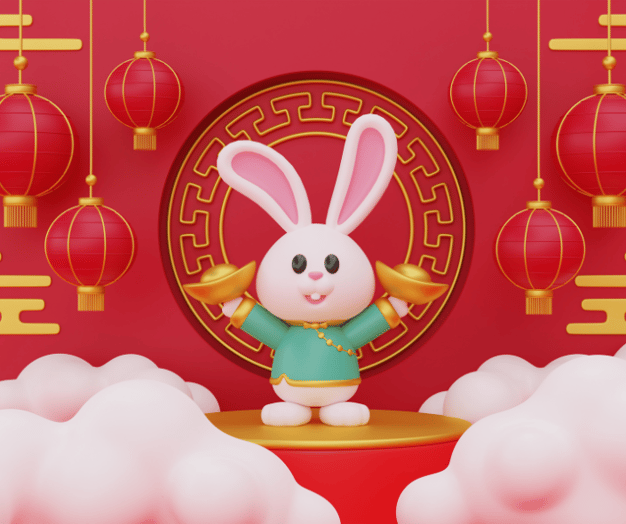
You may also hear Chinese New Year being called the Spring Festival
The Spring Festival marks the end of the coldest days (who doesn’t want to celebrate that?!). It’s an opportunity to welcome spring and all that it brings: planting and harvests, fresh starts, and new opportunities. If you didn’t get around to setting a New Year’s Resolution, what can you and your exchange student invite into your lives during Chinese New Year?
Monsters are fought off
According to an old legend, there was once a monster named Nian. It would come out every New Year’s Eve. Most people would hide in their homes, but one boy ventured out to fight the monster off with firecrackers.The day after, people celebrated their survival by setting off even more firecrackers. This became an integral practice during the holiday.
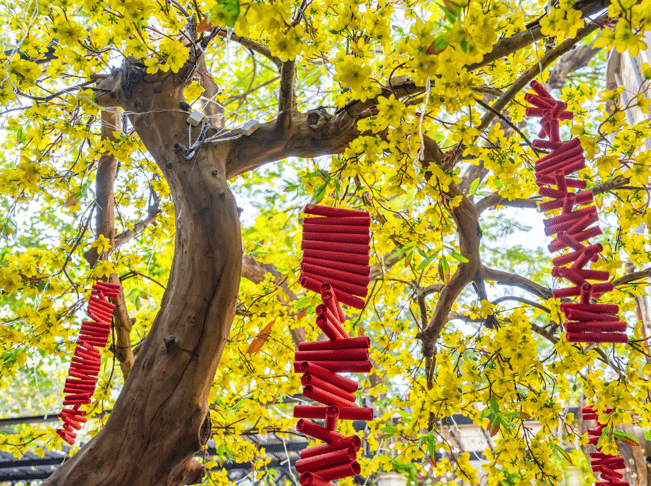
You spend time with family
Like many other holidays we celebrate in America, Chinese New Year often serves as a family reunion. Everyone returns home particularly for the New Year’s Eve dinner. In modern China, most elderly parents live in rural villages while their children work in the cities. With masses of people traveling at the same time, it is often referred to as the Spring Migration.
No showering, sweeping, or throwing out garbage
Yes, you read that right! Showering isn’t allowed on New Year’s Day, and sweeping and throwing out garbage isn’t allowed before the 5th. The intention behind this is to ensure you don’t wash away the good luck that the New Year brings. But don’t worry, there’s a day before the Spring Festival dedicated to cleaning– it sweeps the bad luck away to make room for the good.
Children receive lucky money in red envelopes
While gifts are exchanged during the Spring Festival, Chinese children also receive cash enclosed in red envelopes. Also called red packets or pockets, this money is supposed to help transfer fortune from the elders to the next generations. Red packets can also be given between bosses and employees, co-workers, and friends. Maybe consider giving your exchange student a little gift in a red envelope to celebrate Chinese New Year!

Eat lots of dumplings
Many people will eat dumplings during the New Year’s Eve dinner. Why? Dumplings are associated with wealthiness. According to Chinese tradition, the more dumplings you eat during New Year celebrations, the more prosperity you will experience in the year ahead. Find an authentic Chinese restaurant near you and enjoy some dumplings with your exchange student!
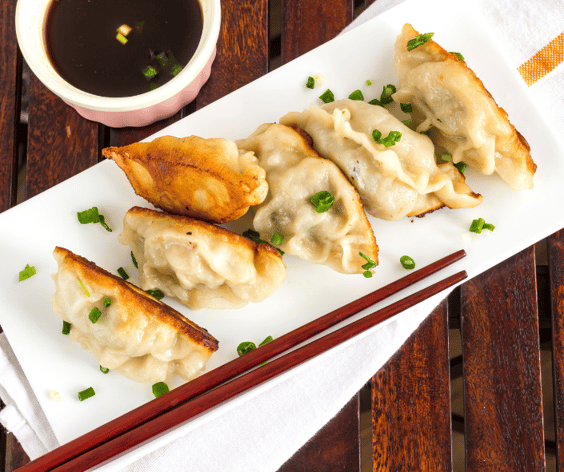
Decorate everything red
Firecrackers aren’t the only thing that scared off Nian, the monster. Families will also decorate their homes in red to ward off the bad and bring in the good. Chinese families hang up red lanterns, strings of chili peppers, and other red decorations! People also wear red clothes to Spring Festival festivities.
Chinese New year ends with the Lantern Festival
The first full moon of the (lunar) year is the Yuanxiao Festival or Lantern Festival. This serves as a night of freedom and celebration! In ancient times, women weren’t allowed to venture outside by themselves. On this night, however, they were able to walk around, moon-gaze, and look at the beautiful lanterns. For this reason, it’s also known as Valentine’s Day in China.
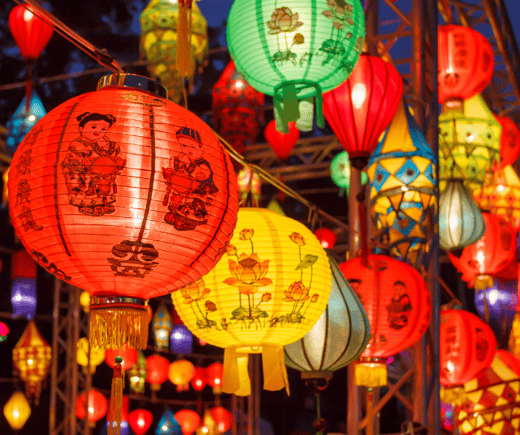
Chinese New Year is celebrated all over the world!
One out of every five people in the world is Chinese, but that doesn’t even come close to everyone that celebrates the holiday! London, San Francisco, and Sydney all claim to have the biggest Spring Festival celebrations outside of Asia. If you have a Chinatown nearby, go enjoy some of the festivities with your exchange student!
Be sure you check out the parades, lion dances, lantern statues, fireworks, and amazing food.
Comment below what you and your exchange student end up doing to celebrate Chinese New Year!

